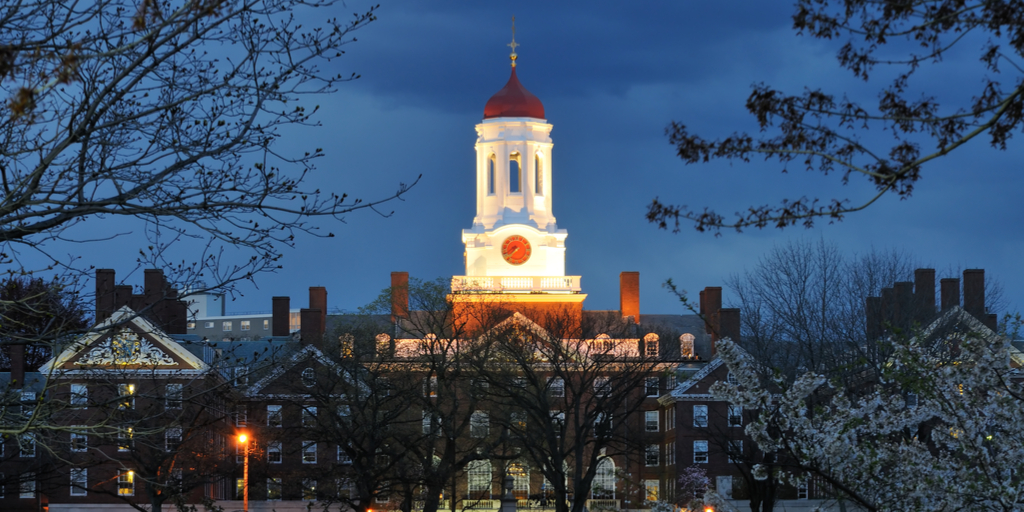The Campus Mob Comes for the Presumption of Innocence
The modern university is a child of the Enlightenment, but today Enlightenment values are threatened there. Free speech is under attack by student mobs and free inquiry by many universities’ enforcement of a diversity ideology. The latest embattled Enlightenment values are the presumption of innocence and support for the choice of counsel in a criminal trial.
It started with students in Winthrop House, the residence where I lived as a Harvard undergraduate. The residential head of the House, Ronald Sullivan, a clinical professor at Harvard Law School, has agreed to represent Harvey Weinstein in his upcoming trial. This decision has caused an uproar among the House’s students. They have demanded that he be fired as the Dean of the House, because Weinstein is accused of sexual assault and because Sullivan’s decision to represent him threatened their well-being.
Weinstein’s behavior is certainly dreadful, but even dreadful people have the right to a criminal defense. Indeed, probably most people who are charged with serious crimes, whether guilty or not, are not nice people, and many are moral reprobates. Yet forcing the government to prove guilt before tossing our fellow citizens in jail—even the reprobates among us—is the mark of a free people.
Sullivan is a clinical law professor and legal clinicians are encouraged to take private clients on occasion. High-profile cases with substantial legal issues hone their skills and make them more valuable professors both in acumen and reputation. Sullivan previously represented the family of Michael Brown, who according to the report of the Justice Department, tried to take a police officer’s gun after robbing a convenience store. Brown does not seem to have been a nice person either, but Sullivan was certainly within his rights to represent his family in their quest for what they thought to be justice. No one on the Harvard campus objected to that representation, no doubt because Brown was at least briefly a symbol of a cause popular on campus—opposition to police brutality. But requiring a clinical law professor to clear his representations with the students of his House make them the university’s political commissars.
The idea that Sullivan is undermining the well-being of the students at Winthrop House is also ludicrous. They should be told in no uncertain terms by professors and administrators that representing unpopular people is what lawyers often do. If students cannot bear to have a practicing lawyer as their Dean, there are many other houses whose Deans will never do anything to offend their delicate sensibilities.
Perhaps some of Harvard’s educators might even give a local history lesson to the students. One John Adams, class of 1755, volunteered to defend the captain of the troops of responsible for killing of the five Massachusetts colonists and won his acquittal. At the time of the Boston Massacre, feelings ran as strongly against the captain as they run against Weinstein. But Adams in his summation to the jury reminded us that raw emotions should not decide legal cases: “Facts are stubborn things; and whatever may be our wishes, our inclinations, or the dictates of our passions, they cannot alter the state of facts and evidence.” Weinstein’s case too should be decided on the facts and Sullivan will use his skills to lay them before the jurors who are the students’ fellow citizens.
Sadly, administrators have acted pusillanimously at best. While Sullivan has said that it is important for lawyers to represent unpopular causes, the Dean of the Faculty of Arts and Sciences deemed that explanation insufficient. The Office of Sexual Assault handed out hot chocolate at the student rally against him. So far at least I have heard of no effort by his colleagues at the law school to support him.
It is not necessarily surprising that students fail to appreciate the hard-won freedoms on which the modern university and our civilization rest. They are still adolescents, caught up in their own passions and ignorant of most history. But the failure of their Harvard elders—both professors and administrators—to appreciate them, is yet another demonstration of how low higher education has fallen.


